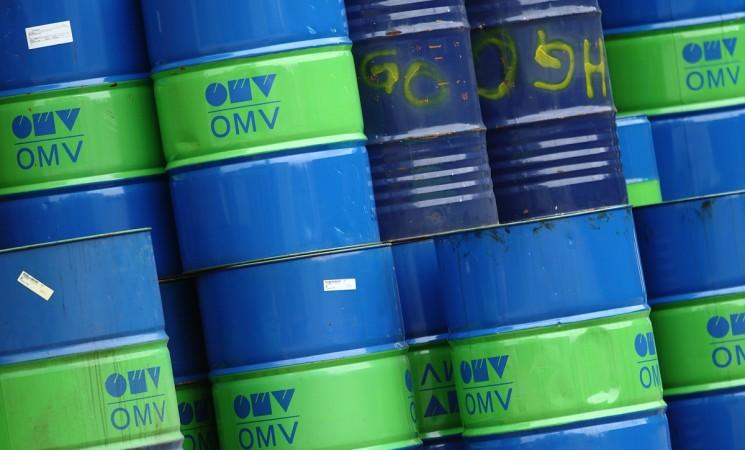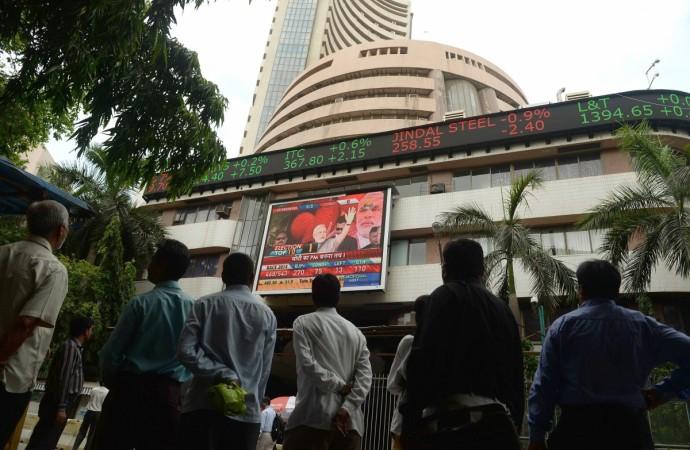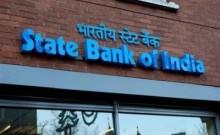
Indian markets are likely to remain range-bound during the week as traders try to price in the fallout of US President Donald Trump's surprise tweet threatening tariff increase on imports from China to 25 per cent from 10 per cent. Traders are awaiting short-term sectoral plays as earnings season unfolds and specific stocks are likely to outshine indices.
Indian indices tracked global markets Trump threatened higher tariffs from Friday against imports from China. Dollar gained on the rupee, inching towards Rs 70 while international crude crashed. Chinese Yuan Renminbi plunged against the US dollar, slipping nearly 0.44 per cent after the Trump tweet to 6.7 against the dollar.
Bombay Stock Exchange (BSE) Sensex lost 362 points or 0.93 per cent to close at 38,600 while National Stock Exchange (NSE) Nifty shed 114 points or 0.97 per cent to close at 11.598 points. Almost all sectoral indices crashed, except for Nifty IT which made weak gains to close 0.06 per cent up.

Shanghai Composite and Hong Kong Hang Seng led the plunge closing lower by 5.58 per cent and 2.90 per cent respectively. German index DAX and French CAC also closed down 2.06 per cent and 2.19 per cent respectively. Following Trump threat of raising import duty on Chinese goods to 25 per cent from 10 per cent, there were reports that Beijing may not send a team to Washington for resuming the talks that Trump said last week was close to successfully concluding. Trump has threatened to escalate the trade wars further and target $325 billion of imports from China.
Brent crude slipped nearly 1 per cent to $69.89 a barrel amid raging fear of continuing trade disturbances between the world's two largest economies over tariffs.
Experts were divided on whether the Trump threats were real or just a negotiation tactic. China's central bank, meanwhile, hastened steps to cut reserve requirements for smaller banks to help boost lending to small and private firms, reports said. The Japanese currency gained as investors flocked to the safe-haven yen, the dollar dropped 0.6 per cent against the Japanese currency to 110.43.
"The intensified trade and geopolitical risks are likely to prompt the regional central banks for more stimulatory policies," analysts at ING said in a note. "We expect the majority of Asian central banks meeting this week to cut their policy rates."

















